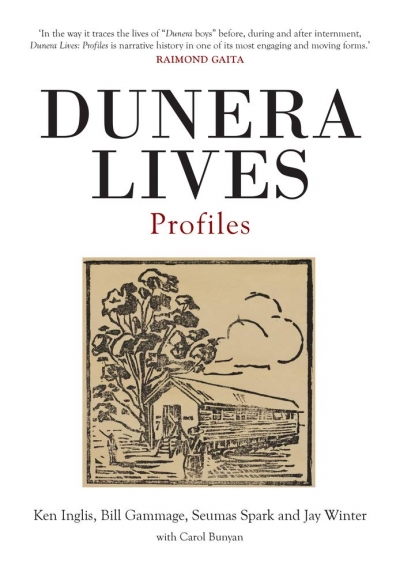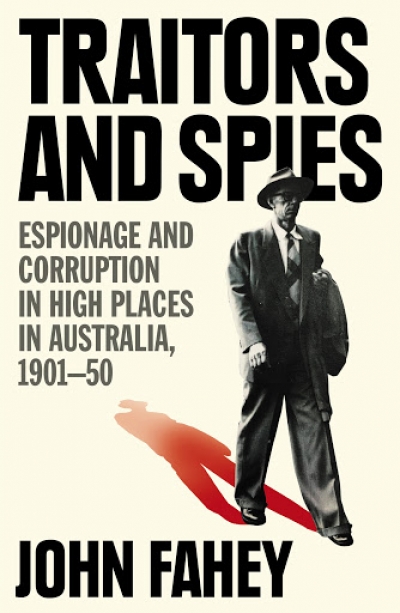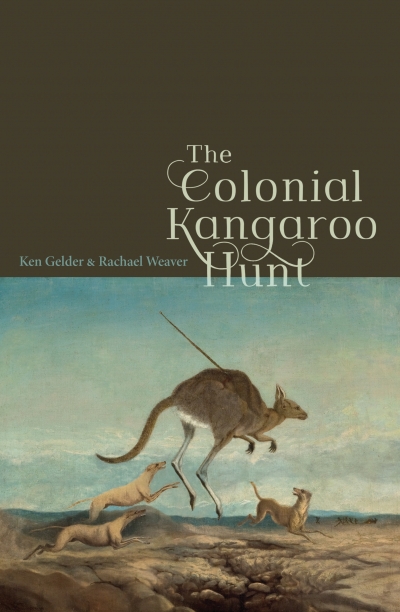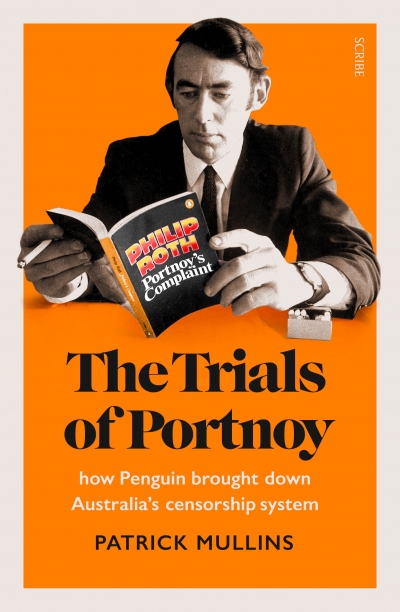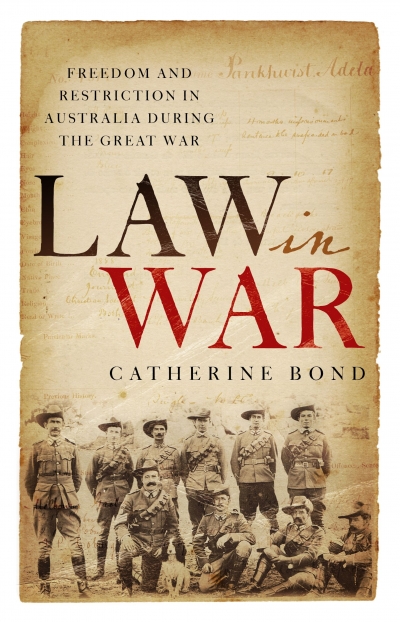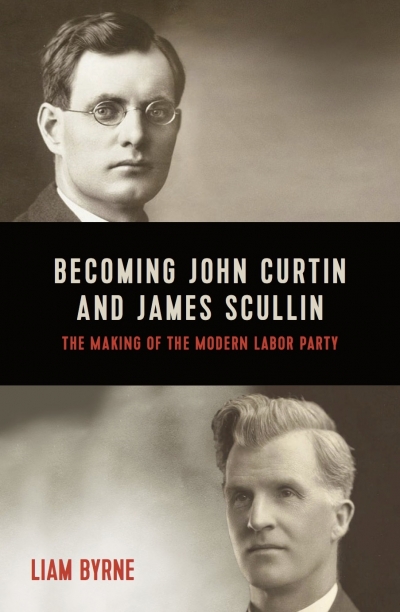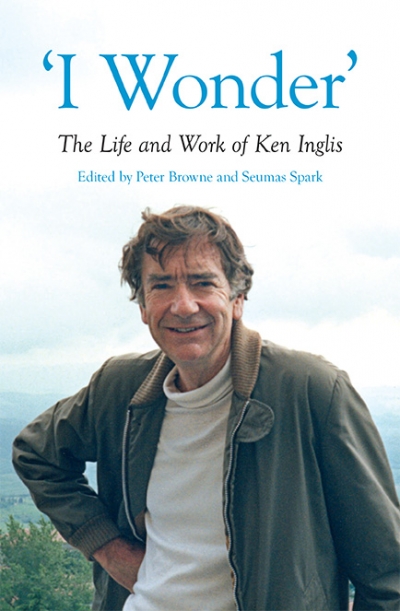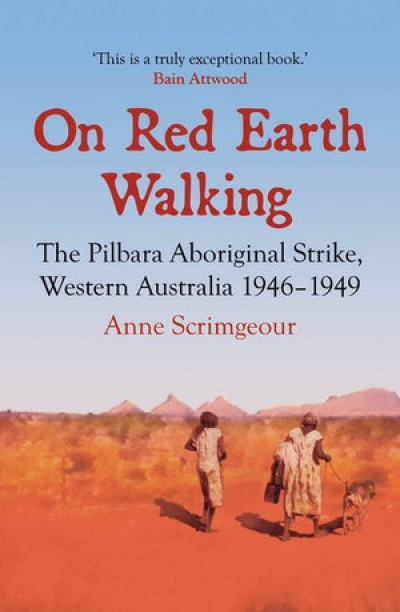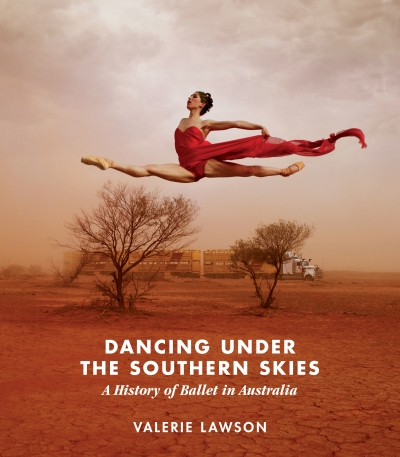Australian History
Many have come to Australia in strange circumstances, but the two thousand or so who arrived on the Dunera and Queen Mary in 1940 have one of the most unusual stories. With the outbreak of World War II in September 1939, Germans and Austrians living in the United Kingdom became enemy aliens. In May 1940, with the British Army on the Continent facing destruction and with invasion a very real threat, Winston Churchill ordered every enemy alien in the country arrested and detained. It was, he later realised, a mistake, as most Germans living in the United Kingdom were Hitler’s enemies rather than his supporters, and many were actually refugees from Nazism. But some had already been sent out of the country on ships bound for Australia and Canada. Not since the last convicts had been dropped at Fremantle in 1868 had the British government banished people judged as undesirable to Australia.
... (read more)Traitors and Spies: Espionage and corruption in high places in Australia, 1901–50 by John Fahey
I am a great fan of archives, and so is John Fahey, a former officer of an Australian intelligence service (the Defence Signals Directorate) turned historian. His previous book, Australia’s First Spies (2018), covered the same time period (1901–50) but focused on the good guys (our spies) rather than the bad ones (their spies). His itemised list of Australian, British, and US archival files consulted runs to several pages. Most of these are the archives of intelligence agencies. And here’s the rub: intelligence files contain many names, but not necessarily the names of actual spies.
... (read more)The Colonial Kangaroo Hunt by Ken Gelder and Rachael Weaver
As generations of Australian tourists have found, the kangaroo is a far more recognisable symbol of nationality than our generic colonial flag. Both emblematic and problematic, this group of animals has long occupied a significant and ambiguous space in the Australian psyche. Small wonder, then, that Ken Gelder and Rachael Weaver have found such rich material through which to explore our colonial history in The Colonial Kangaroo Hunt.
... (read more)In 2007, Britain’s Royal Mint issued a £2 coin commemorating two hundred years since the Act for the Abolition of the Slave Trade, the zero in ‘1807’ appearing as if a broken link in a chain. While interrupting the notorious transatlantic trade, the Act did not end slavery itself – that was achieved, at least in parts of the British world, with further legislation in 1833 that outlawed enslavement in the British Caribbean, Mauritius, and the Cape of Good Hope. Emphasis on the dramatic, if illusionary, chain-breaking moment in some bicentenary celebrations extended a tradition of dwelling on Britain’s role in slave emancipation.
... (read more)The Trials of Portnoy: How Penguin brought down Australia’s censorship system by Patrick Mullins
Okay, I’ll tell you what’s wrong with this country. For a start, we have this profoundly stupid and deeply irritating myth that we’re all irreverent freedom-loving larrikins and easygoing egalitarians, when it is painfully obvious that we have long been a nation of prudes and wowsers, that our collective psyche has been warped by what Patrick Mullins describes, with his characteristic lucidity, as ‘a fear of contaminating international influences’, and that we are not just an insular, conservative, and deeply conformist society, but for some unaccountable reason we take pride in our ignorance and parochialism. And let’s not neglect the fact that we are cringingly deferential and enamoured of hierarchy. Oh yes, it’s all master–slave dialectics and daddy issues around here. Why the hell else would we keep electing entitled, smirking, condescending autocrats?
... (read more)Law in War: Freedom and restriction in Australia during the Great War by Catherine Bond
As with many authors, Covid-19 forced Catherine Bond to cancel the launch event for her new book. But unlike most authors’ work, the contemporary relevance of Bond’s latest book has been considerably heightened by the ongoing pandemic. Indeed, in the midst of this crisis it is hard to imagine a historical text timelier than Law in War: Freedom and restriction in Australia during the Great War. A century later, lessons from that era are still instructive today.
... (read more)Becoming John Curtin and James Scullin: The making of the modern Labor Party by Liam Byrne
John Curtin and James Scullin occupy very different places in whatever collective memory Australians have of their prime ministers. On the occasions that rankings of prime ministers have been published, Curtin invariably appears at or near the top. When researchers at Monash University in 2010 produced such a ranking based on a survey of historians and political scientists, Curtin led the pack, with Scullin rated above only Joseph Cook, Arthur Fadden, and Billy McMahon. Admittedly, this ranking was produced before anyone had ever thought of awarding an Australian knighthood to Prince Philip, but the point is clear enough: Curtin rates and Scullin does not.
... (read more)'I Wonder': The life and work of Ken Inglis edited by Peter Browne and Seumas Spark
I am ashamed to recall that when our high-school history class in the late 1970s was set K.S. Inglis’s The Australian Colonists (1974), I – and I don’t think I was alone – didn’t quite know what to do with a text that focused on ‘ceremonies, monuments and rhetoric’, one that began as a study on 26 January 1788 but worked back as an historical enquiry from 25 April 1915.
... (read more)On Red Earth Walking: The Pilbara Aboriginal strike, Western Australia 1946–1949 by Anne Scrimgeour
It was only seventy years ago that Aboriginal workers in the north-west of Western Australia emerged from virtual slavery on the pastoral stations in the Pilbara region. Through their own efforts, and with encouragement from some white supporters, they radically changed the industry and undermined a colonising process of government control over them. Their protest is known as the 1946–1949 pastoral workers’ strike, which Anne Scrimgeour declares ‘has the quality of a legend’. In On Red Earth Walking she verifies the story. Her meticulous archival research and evidence, from those whose planning and actions were mostly not recorded, lead her to new understandings. It is her relationship with the strikers and their descendants that makes her book unique, for she conveys their response to colonisation through their eyes.
... (read more)Dancing Under the Southern Skies: A history of ballet in Australia by Valerie Lawson
Valerie Lawson is a balletomane whose writing on dance encompasses newspaper articles and also articles and editorials for numerous dance companies. Lawson’s lavishly illustrated Dancing Under the Southern Skies, like Arnold Haskell’s mid-twentieth-century popular histories of ballet, substitutes stories about ballet and ballet dancers for a cohesive historical narrative about ballet in Australia. Portraits, images of ballet dancers posing in photographers’ studios, and ephemera are reproduced in the book; but the total sum of stage photos – of dancing – can be counted on one hand.
... (read more)

